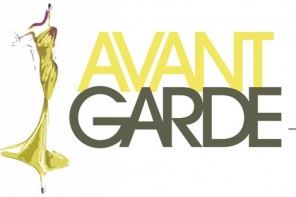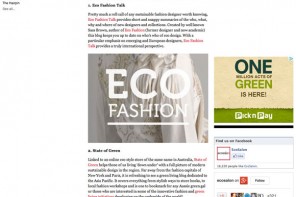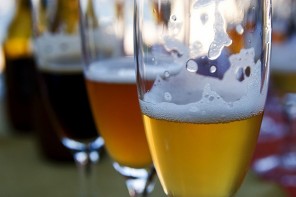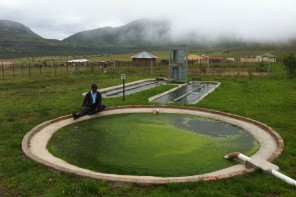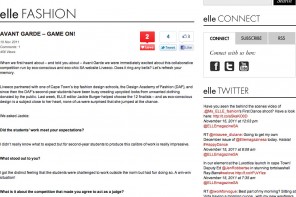Written by: Adrienne Brookbanks
Eco-minded women with families are often the target of every new so-called ‘green baby‘ venture. Studies suggest that approximately 70% of parents become more interested in environmental issues after they’ve had their first child, creating a compelling reason for businesses to direct their marketing efforts at you. While parents want the best for their children, it’s not always easy to seek out the natural, organic, healthy and gentle products on the market. In order to reduce waste and help create sustainability in the multi-million Rand baby goods market, liveeco looks at some practical an innovative green tips for moms.
Swap your baby goods
While teenagers are less fond of hand-me-downs, babies and toddlers are none the wiser. Youngsters grow so fast – and so do their needs. Swapbabygoods.com is a first of a kind website, providing a free platform for parents to swap, buy or sell baby items they no longer need. This platform is an overseas-based initiative, but there’s much that local South African mothers can learn from it.
Buying each pair of booties, clothing, toys and baby gadget (such as prams and cribs) not only take up an inordinate amount of space, but also costs an arm and a leg and leads to unnecessary waste. Save money and the environment by arranging a bi-monthly get together with other moms or – if you’re passionate about the topic – why not launch a South African version of the website as a part-time project? Few moms will tell you they don’t have cupboards or even rooms full of unused baby gear and some of them might just be waiting for the ideal place to trade, donate or sell these items.
Make your own baby stuff
Not everyone is an arts-and-crafts fundi, can create impressive garments from scratch or has all the tools to make their own baby equipment. A website called Make-your-own-baby-stuff.com is aimed at moms who want to reduce their environmental impact by following step-by-step guides on how to make everything from accessories, nursery decoration and making your own gift baskets for baby showers. Check out the website for everything from DIY baby toys to homemade baby gifts.
Cloth diapers vs disposable diapers
Opinions differ about the environmental impact of disposable and reusable diapers. Although many women have been asked the horror-stricken question of: “You’re using cloth diapers?!” quite a few of these women will calmly reply that a few mindset shifts have made the mind-shift relatively easy. Read these convincing eco benefits about reusable diapers:
- Reduce your carbon footprint: Manufacturing, shipping and transporting diapers has a huge carbon footprint. Not only do diapers require a large amount of paper and oil to make, but they also take centuries to decompose on landfills. Babies typically get through over 5,000 diapers before they are toilet trained, giving you a compelling reason to consider cloth diapers.
- Save energy: The amount you will spend washing cloth diapers is much less than the amount of energy used to produce and source disposable diapers.
- Save money: Disposable diapers are one of the primary expenses of having a new-born baby. Not only will you be saving thousands of Rands on diapers, but you will also be saving the money you would have to spend on expensive diaper rash creams and petrol you would have used to get to the store for more diapers.
- Brands to try include Biobaba and Mother Nature Products
Make your own organic baby food
You don’t have to be a top chef or a supermom to make your own organic baby food. Buy your own fresh fruits and vegetables; reduce your impact on the planet baby using your own Tupperware (instead of the packaged baby foods in the supermarket) and make sure the nutrients your baby is digesting are free of chemicals and synthetic pesticides by making your own organic baby food. Check out the baby food options on Wholesomebabyfood.com and read this article about choosing the right equipment before you get started!
Fact box
Some interesting baby facts from Motherjones.com:
- 60% of American children say they’re more afraid of global warming than of terrorism, car crashes or cancer.
- China claims its one-child policy has prevented 400 million births – saving 1.5 billion tons of CO2 in 2004 alone.
- Only 45% of SUV owners in America have two or more kids.
- Letting a school bus idle for 10 minutes creates 3 times more particulate emissions than turning the motor off.
The liveeco team


